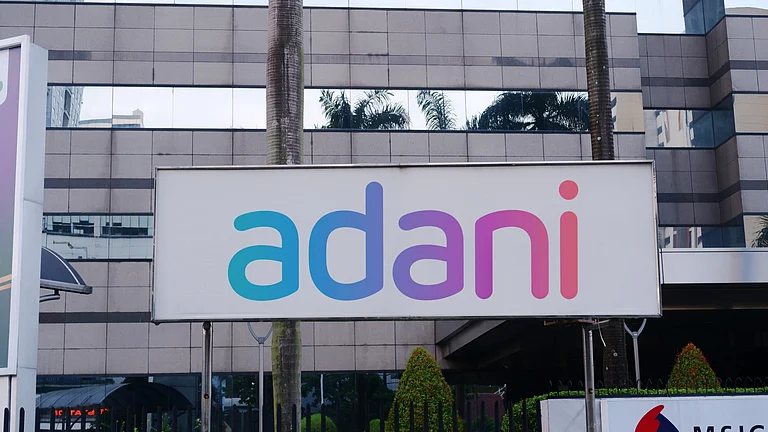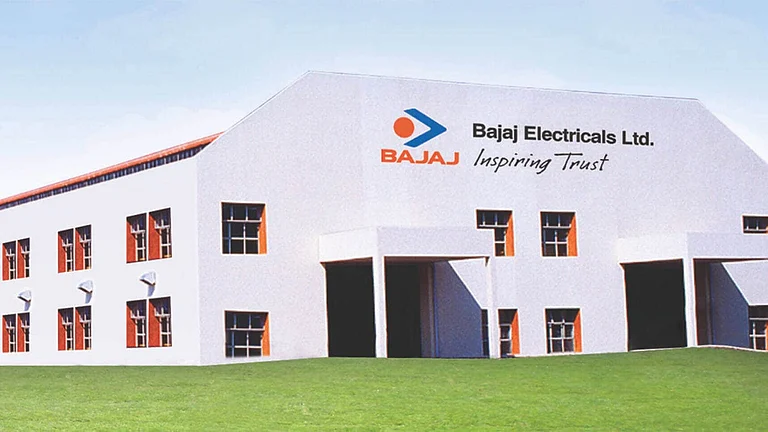In his State of the Union Address to a joint session of Congress, US President Joe Biden will highlight the key economic policies of his administration that have helped in not only creating jobs but also strengthening the country's economy. The president is hoping to do two things broadly when it comes to the economy in the State of the Union, National Economic Council Director Brian Deese told reporters at a news conference here. Biden will deliver his second State of the Union Address before a joint session of the Congress on Tuesday night.
“The first is to put the progress that we have made economically back into the broader frame that really compelled him to run for president in the first place. That broader frame around what it actually means to pursue what he refers to as a middle out, bottom-up economic strategy and make a clear contrast to the trickle down economic philosophy that has pervaded thinking for years and decades in the past,” he said.
In his address, Biden will talk about the progress that the US has made. In that context this has been an animating part of what the president has wanted to achieve, he said.
“A real consistent vision that from the campaign to the early days to ongoing, even as we have dealt with a variety of unexpected issues that we have had to work through, the president has had a vision about what it could actually mean to grow the economy from the bottom up,” Deese said.
In his State of the Union Address, Biden will also bring forward what he is not prepared to do, he said. “He will draw some clear lines of things that he's not prepared to do. We will have to see whether his commitment to work with Republicans or the Republicans are prepared to step up and work with him on a number of economic policy issues,” he said.
In response to a question, Deese said that one of the messages is that they have to make more progress, but people should feel optimism because of what they have seen and because of the progress that they have made that they know how to keep making progress going forward. “We have made a lot of progress. Inflation is down now for six months in a row,” he said. A big piece of that is that gas prices have come down and are down by more than a dollar and a half from the summer. “But we are seeing inflation moderate in a variety of other categories as well. At the end of the day, this is about can families and workers look and say, can I make everything add up at the end of the month?” he said.
“We need to keep making progress in bringing those price increases moderately, but we also need to keep making progress at lowering costs directly for families. That’s one thing you're going to hear directly from the president, that a core part of any viable economic strategy needs to answer the question of how are you going to keep lowering costs for families,” Deese said.
“The president will outline specific ideas on how to do that, including building on the prescription drug reforms that we were able to enact to give more people the relief from prescription drugs. Building on proposals that we have put in place to, for example, lower the cost of child care and lower the cost of caring for an elderly parent so that that also reduces families, balance sheet challenges, but also can help more parents, more women work,” Deese said.































